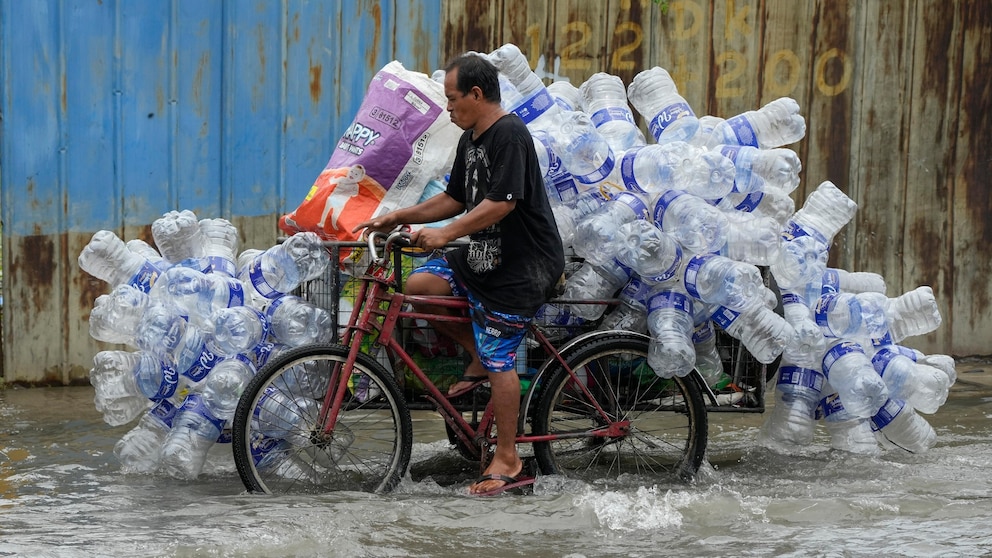International Conference in Nairobi to Negotiate Treaty on Plastic Pollution
Plastic pollution has become a global crisis, with devastating impacts on our environment, wildlife, and human health. In an effort to address this urgent issue, an international conference is set to take place in Nairobi, Kenya, where delegates from around the world will gather to negotiate a treaty on plastic pollution.
The conference, organized by the United Nations Environment Programme (UNEP), will bring together representatives from governments, non-governmental organizations, scientists, and other stakeholders. The goal is to develop a legally binding agreement that will tackle the growing problem of plastic pollution and promote sustainable solutions.
Plastic pollution has reached alarming levels in recent years. It is estimated that over 8 million tons of plastic waste end up in our oceans every year, causing immense harm to marine life. Plastic debris can entangle marine animals, leading to injury or death. Additionally, marine species often mistake plastic for food, resulting in starvation and disruption of entire ecosystems.
Plastic pollution also affects terrestrial environments. Landfills overflowing with plastic waste release harmful chemicals into the soil and water, contaminating ecosystems and posing risks to human health. Microplastics, tiny particles of plastic that have broken down over time, have been found in our food, water, and even the air we breathe.
The proposed treaty aims to address these issues by targeting the entire lifecycle of plastics. It will focus on reducing plastic production and consumption, promoting recycling and waste management systems, and encouraging innovation in sustainable alternatives. The treaty will also emphasize the importance of international cooperation and capacity-building to effectively combat plastic pollution.
Negotiating a treaty on plastic pollution is a complex task that requires the collaboration and commitment of all nations. Countries will need to overcome various challenges, including differing priorities, economic considerations, and technological limitations. However, the urgency of the issue demands immediate action and cooperation.
Several countries have already taken steps to combat plastic pollution. For example, Kenya implemented one of the world’s strictest bans on plastic bags in 2017, leading to a significant reduction in plastic waste. Other nations have introduced similar measures, such as taxes on single-use plastics or bans on certain plastic items.
The international conference in Nairobi provides an opportunity to build on these efforts and create a unified global response to plastic pollution. By negotiating a treaty, countries can establish common goals and standards, share best practices, and support each other in implementing effective solutions.
In addition to governmental action, individual and collective efforts are crucial in addressing plastic pollution. Consumers can reduce their use of single-use plastics, opt for reusable alternatives, and properly dispose of plastic waste. Businesses can adopt sustainable packaging practices and invest in research and development of eco-friendly materials. NGOs and community organizations can raise awareness, organize clean-up campaigns, and advocate for policy changes.
The international conference in Nairobi represents a significant step forward in the fight against plastic pollution. It is an opportunity for nations to come together, transcend borders, and work towards a shared vision of a cleaner and healthier planet. By negotiating a treaty on plastic pollution, we can pave the way for a more sustainable future and protect our environment for generations to come.



